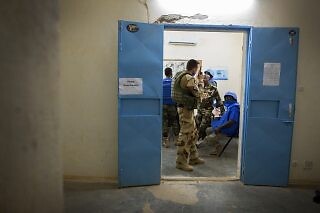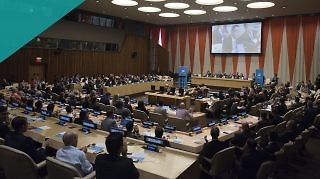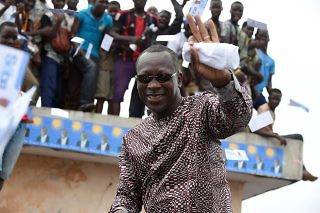Considering that the climate crisis predated the COVID-19 pandemic, why has attention on climate misinformation lagged? And how can efforts to tackle climate misinformation learn from and build off of similar efforts in the field of health?
Author: Albert Trithart
-
-
UN missions will need to address the root causes of misinformation and disinformation by proactively reshaping narratives about the UN.
-
Twenty years after UN Security Council resolution 1325, it is time for a truly inclusive WPS agenda.
-
February 4th was no typical election-night party for Costa Rica, a country known for political stability and moderation. For the first time in decades, neither of the two long-time dominant parties will make it to the second round on April 1st.
-
The conclusion for those concerned about the rise of populism is to focus less on the threat of populist parties taking power and more on populists taking over mainstream parties or pushing their policies in a populist direction.
-
Congo notwithstanding, “Super Sunday” reaffirmed that term limits in Africa are not a dying breed.










